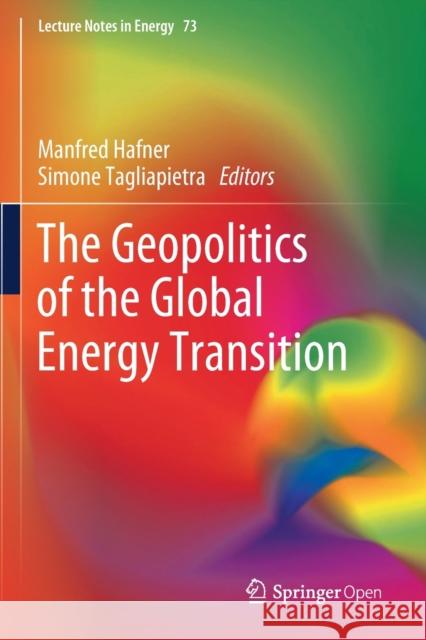The Geopolitics of the Global Energy Transition » książka
topmenu
The Geopolitics of the Global Energy Transition
ISBN-13: 9783030390686 / Angielski / Miękka / 2020 / 381 str.
The Geopolitics of the Global Energy Transition
ISBN-13: 9783030390686 / Angielski / Miękka / 2020 / 381 str.
cena 200,77
(netto: 191,21 VAT: 5%)
Najniższa cena z 30 dni: 192,74
(netto: 191,21 VAT: 5%)
Najniższa cena z 30 dni: 192,74
Termin realizacji zamówienia:
ok. 16-18 dni roboczych.
ok. 16-18 dni roboczych.
Darmowa dostawa!
Kategorie BISAC:
Wydawca:
Springer
Język:
Angielski
ISBN-13:
9783030390686
Rok wydania:
2020
Wydanie:
2020
Ilość stron:
381
Waga:
0.56 kg
Wymiary:
23.39 x 15.6 x 2.13
Oprawa:
Miękka
Wolumenów:
01
Dodatkowe informacje:
Wydanie ilustrowane











